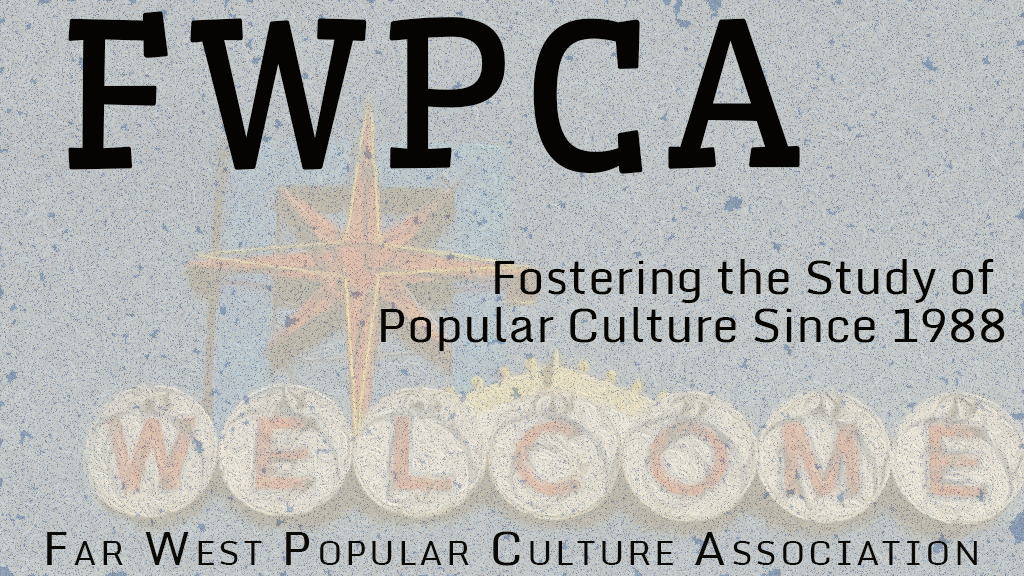Presentation Type
Paper
Abstract
Eritrean-American rapper Ermias “Nipsey Hussle” Asghedom’s murder represented a cultural cataclysmic event that startled the hip-hop community and triggered previous memories of Black men’s homicidal deaths in rap and Black American urban communities. Nipsey Hussle’s death inspired touching rap tribute songs by Black men rappers, who sought to commemorate his cultural legacy and express their bereavement pains as homicide survivors. Rap tribute songs occupy a significant history, as rappers historically employed them to honor hip-hop’s fallen soldiers, communicate their homicide survivorship bereavement processes, and speak about social perils in the Black community. Framed by critical race (CRT) and gender role conflict theoretical frameworks, this study investigated twenty-six rap tribute songs, which were authored by twenty-eight Black men rap artists in commemoration of Nipsey Hussle’s life and legacy and considered the following research question: RQ1: How did Black men rappers’ use the examined Nipsey Hussle rap tribute songs to communicate their bereavement experiences as homicide survivors?
The findings yielded complex, yet contradictory themes related to existing scholarship on Black American men’s homicide survivorship bereavement strategies, rap’s homicide-related lyrics, and the sociocultural functions of rap tribute songs as rhetorical expressions of Black men’s homosociality and laments of deceased Black men friends and rappers. The examined rap tribute songs advanced three dominant themes in relation to the Black men rappers’ articulations of their homicide survivorship bereavement of Nipsey Hussle, which were 1) “Black men’s grief, homosociality, and complex vulnerability narratives,” 2) “fear and paranoia declarations,” 3) and “resolution of internal conflict and grief with vengeance.” This investigation was significant to hip-hop studies for it illustrated how twenty-eight Black men rap artists leveraged the rhetorical power of rap tribute songs to articulate their complex homicide survivor bereavement processes, advance vital counternarratives concerning Black men’s mental health experiences with repeated exposure to homicide deaths and violence in rap and urban communities, and offer rich criticisms of gun violence, internalized racism, poverty, and systemic oppression.
Keywords
Black men rappers, grief studies, homicide survivorship, Nipsey Hussle, Rap tribute songs
Included in
African American Studies Commons, American Popular Culture Commons, Hip Hop Studies Commons, Other Mental and Social Health Commons
Mourning The Marathon: Black Men Rappers, Homicide Survivorship Bereavement, and the Rap Tribute of Nipsey Hussle
Eritrean-American rapper Ermias “Nipsey Hussle” Asghedom’s murder represented a cultural cataclysmic event that startled the hip-hop community and triggered previous memories of Black men’s homicidal deaths in rap and Black American urban communities. Nipsey Hussle’s death inspired touching rap tribute songs by Black men rappers, who sought to commemorate his cultural legacy and express their bereavement pains as homicide survivors. Rap tribute songs occupy a significant history, as rappers historically employed them to honor hip-hop’s fallen soldiers, communicate their homicide survivorship bereavement processes, and speak about social perils in the Black community. Framed by critical race (CRT) and gender role conflict theoretical frameworks, this study investigated twenty-six rap tribute songs, which were authored by twenty-eight Black men rap artists in commemoration of Nipsey Hussle’s life and legacy and considered the following research question: RQ1: How did Black men rappers’ use the examined Nipsey Hussle rap tribute songs to communicate their bereavement experiences as homicide survivors?
The findings yielded complex, yet contradictory themes related to existing scholarship on Black American men’s homicide survivorship bereavement strategies, rap’s homicide-related lyrics, and the sociocultural functions of rap tribute songs as rhetorical expressions of Black men’s homosociality and laments of deceased Black men friends and rappers. The examined rap tribute songs advanced three dominant themes in relation to the Black men rappers’ articulations of their homicide survivorship bereavement of Nipsey Hussle, which were 1) “Black men’s grief, homosociality, and complex vulnerability narratives,” 2) “fear and paranoia declarations,” 3) and “resolution of internal conflict and grief with vengeance.” This investigation was significant to hip-hop studies for it illustrated how twenty-eight Black men rap artists leveraged the rhetorical power of rap tribute songs to articulate their complex homicide survivor bereavement processes, advance vital counternarratives concerning Black men’s mental health experiences with repeated exposure to homicide deaths and violence in rap and urban communities, and offer rich criticisms of gun violence, internalized racism, poverty, and systemic oppression.


